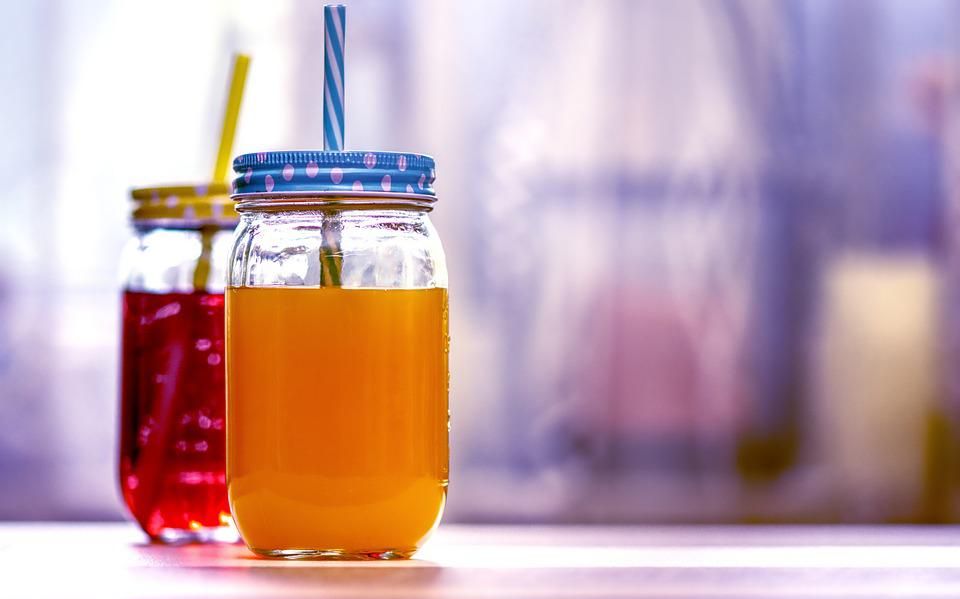The journey of a startup is rarely smooth sailing. Navigating the uncertain terrain for positioning a brand, securing funding, and carving a niche in the dynamic market presents several challenges. These hurdles become even more daunting when the market itself becomes a moving target, constantly evolving with changing consumer preferences, technological advancements, and unforeseen disruptions.
Challenges that affect the beverage industry startups include limited capital, high growth rate, and the challenge of differentiation in the market. They need to consider the consumers’ needs and preferences and, at the same time, ensure that the products meet regulatory requirements. Market factors such as changes in consumer preferences, supply chain issues or fluctuations in the business cycles make these challenges even more difficult.
Statista projects that the Indian beverage industry’s market will be valued at an estimated $72 billion by 2027 due to the rise in disposable income, evolving urbanisation, and the growing health consciousness among the people. This rapid expansion comes with its own set of challenges, and staying agile and resilient is not only a competitive strategy, but a survival tool.
One such unpredictable challenge that the Indian beverage industry experienced was the pandemic outbreak in 2020. Lockdowns caused supply chain disruptions, forced the closure of restaurants and cafes, significantly altered consumer behaviour, and modified traditional beverage giants’ ability to adapt quickly.
So, how can beverage startups in India navigate this competitive environment and secure sustainable success?
Adopting a more agile approach
Beverage startups operating in an ever-evolving market require agility. Responding quickly to trends, consumer needs, and market conditions requires flexible operations with the capacity to quickly adjust production up or down as necessary, introduce new products quickly and adjust marketing strategies as needed.
Leveraging agile manufacturing solutions can help startups attain maximum flexibility. Adopting modular production lines and digital technologies enables companies to produce small batches for market testing before quickly scaling successful products. Siemens reports that agile manufacturing solutions allow firms to respond more effectively to market changes while speeding time-to-market for new offerings.
Staying ahead by innovating consistently
Constant innovation is not a mere cliché, but the strategic differentiator that defines beverage industry startups. For startups to sustain themselves, they have to continuously innovate not only in their product and service portfolios, but also in their business models, marketing, and customer interaction approaches.
This focus should encourage startups to look for trends and consumer preferences that are yet to be popular and be willing to try out new things. Any beverage startup that is able to identify and leverage such trends will have a higher probability of success in an environment that is becoming more saturated.
In addition, new practices should incorporate packaging design since customers are now more conscious of the environment.

Building resilience through diversification
Diversification is an effective strategy for building resilience in an unpredictable market. Beverage startups should diversify their product portfolios with both high-margin and volume-driven items to reduce risks while expanding customer reach. This approach also gives startups access to new customer bases. Geographic diversification can help startups reduce their reliance on one market and spread risk among various regions.
Expanding into international markets may open up new growth opportunities for Indian beverage startups, while mitigating domestic market fluctuations.
Utilising technology for data-driven decision making
Data analytics have become indispensable for beverage startups to navigate market shifts. By harnessing this powerful resource, beverage startups can use consumer behaviour data analysis to gain insights into market trends and operational efficiency. This will ultimately lead to informed decisions regarding product development, marketing strategies, and supply chain management.
Adapting to consumer behaviour post-pandemic
The COVID-19 pandemic has had a dramatic effect on consumer behaviours, shifting them toward health consciousness, digital engagement, and convenience. Beverage startups must adapt by offering products that match these new preferences while simultaneously strengthening their online presence.
Vorecol reported that companies that successfully adjusted their brand positioning strategies in response to shifting consumer behaviours during a pandemic were able to maintain or even expand their market share. For beverage startups, this means emphasising online retail platforms such as e-commerce and DTC models as well as contactless delivery options, which have become increasingly relevant post-pandemic.
The path forward
The Indian beverage industry, while challenging, is also brimming with opportunities for startups. By embracing agility and resilience, startups can pave a path to long-term success in this dynamic and unpredictable environment. The potential for success is high, inspiring startups to push their boundaries and seize the opportunities that lie ahead.
Startup beverage companies seeking to establish themselves and expand in India need to anticipate and respond quickly to changes in order to thrive and survive in this dynamic beverage industry. With strategic thinking and forward-thinking approaches in place, beverage startups can navigate challenges ahead and seize opportunities available in an ever-evolving market landscape.
(Karun Kaura is the Chief Managing Director of Kaya Spirits.)










